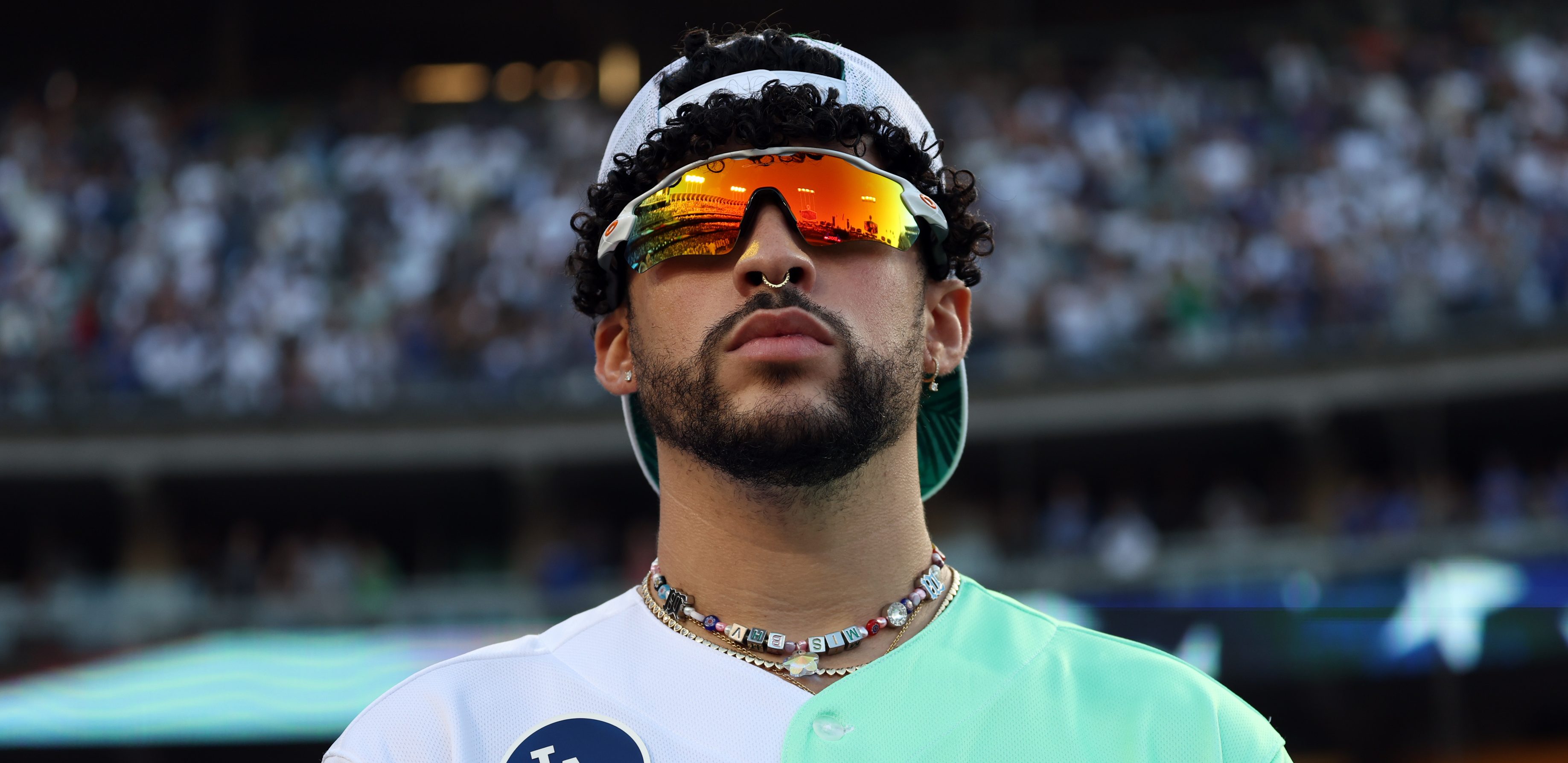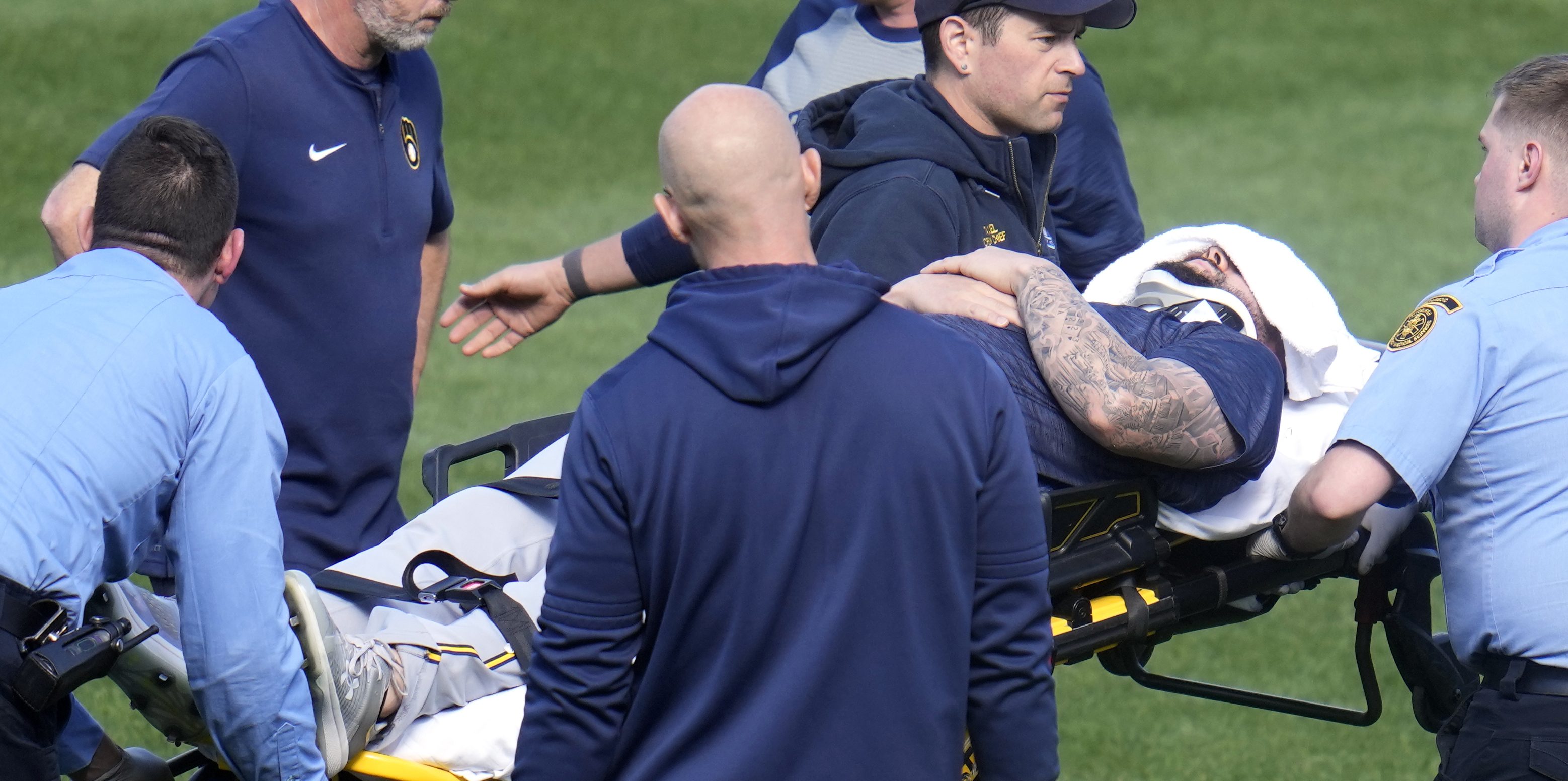In the aftermath of Stephen Strasburg’s stunning seven-year, $175 million contract with the Washington Nationals, Theo Epstein confirmed the Cubs aren’t close to any extension announcements that would lock up Jake Arrieta’s future and keep the front office intact.
“Nope, not with any of our players, nor with myself,” Epstein said before Tuesday’s 8-7 win over against the San Diego Padres at Wrigley Field. “At this point, status quo.”
While Epstein is in the fifth and final year of his contract – and Arrieta cannot become a free agent until after the 2017 season – the Cubs appear to have a much more cloudy future with their Cy Young Award winner.
Super-agent Scott Boras – who also represents Arrieta and almost always steers his top clients onto the open market this close to free agency – didn’t follow his own playbook with Strasburg.
Instead of trying to create a bidding war in December, Strasburg chose the security and comfort of the organization that drafted him No. 1 overall out of San Diego State University in 2009. Plus the chance to opt out as soon as after the 2019 season and cash in again during his early-30s window. Assuming there’s still enough shelf life with his right elbow, about a decade after having Tommy John surgery.
“You pay attention to everything that goes on in the game, but it doesn’t impact us too much,” Epstein said. “Obviously, it will impact markets and we have to operate in markets. But it is what it is.”
Chairman Tom Ricketts has essentially said that Epstein should be the highest-paid personnel executive in the game, and right now the president of baseball operations doesn’t really have anywhere else to go that would be this appealing. As much as the Cubs helped him blossom into a No. 1 starter, Arrieta will have options and an unshakable belief in his own talents.
MLB
Boras also can’t go over Epstein’s head and negotiate directly with Ricketts. Beyond the sarcastic “Meet the Parents” and “All-Day Sucker” lines aimed at ownership during the rebuilding years in Wrigleyville, the Ricketts family stays out of baseball decisions and lets Epstein do his job (as opposed to the old power structure around the Boston Red Sox at Fenway Park).
Boras clearly has a relationship with Washington owner Ted Lerner, the billionaire real-estate developer, as well as general manager Mike Rizzo, an old-school scout who grew up in Chicago and drafted Strasburg and Bryce Harper in back-to-back years.
The Nationals won 98 games in 2012 – shutting down Strasburg that September as a precaution and upsetting parts of the baseball establishment – and another division title in 2014. But a franchise built around so many Boras clients like Jayson Werth and Max Scherzer still hasn’t won a playoff series yet.
Strasburg, who will turn 28 this summer, has one 200-plus innings season on his resume and showed up in the Cy Young Award voting just once. He’s never posted more than 15 wins or won a playoff game. But this is still a dominant top-of-the-rotation pitcher with upside (59-37, 3.07 ERA, 1.089 WHIP) and those guys get paid.
Boras has used Scherzer’s seven-year, $210 million megadeal – after turning down a reported six-year, $144 million offer to stay with the Detroit Tigers – as a reference point for Arrieta. The Cubs will have to calculate how much risk they are willing to take on with a pitcher who will be 32 on Opening Day 2018.
The Nationals now have Strasburg, Scherzer, Tanner Roark, Joe Ross (Tyson’s younger brother) and Lucas Giolito (Baseball America’s No. 5 prospect heading into this year) all in place through at least the 2019 season.
That’s when the Cubs could be looking at a rotation filled with question marks, maybe Arrieta in a different uniform, Jon Lester near the end of his $155 million megadeal and John Lackey enjoying retirement.
“We’ve managed to put together really good pitching staffs,” Epstein said. “That is going to be important for us to continue to do in the future. We spend a lot of time every day working on it, whether it’s assessing guys who are going to be free agents, or assessing trade targets, or figuring out how to get the best out of the guys that we have.
“The one area where we need to do a better job is developing starting options internally. That will happen in time.”
The Epstein administration has used 80 draft picks on pitchers since 2012 and none of them have come close to making an impact in the big leagues yet. Rival scouts talk about the lack of high-end pitching talent in the upper levels of the farm system.
The Cubs already combined two offseasons into one and admitted they won’t be major players in free agency this upcoming winter, when there won’t be any frontline starters available to sign, anyway, with Strasburg now off the board.
But the Cubs will have hitters to trade, a creative front office and the infrastructure that first identified Arrieta as a change-of-scenery guy languishing in the Baltimore Orioles organization – and helped unleash arguably the best pitcher on the planet.
“We don’t take that for granted,” Epstein said. “There’s so much attrition with pitching, so much volatility that we know that we could look up at a point – whether it’s two years from now or two weeks from now – where all of a sudden we have a pitching deficit.
“You’re constantly trying to mitigate that and stay prepared. We’ll try to make sure it doesn’t happen. But if it does happen, you have ways out of it.”


